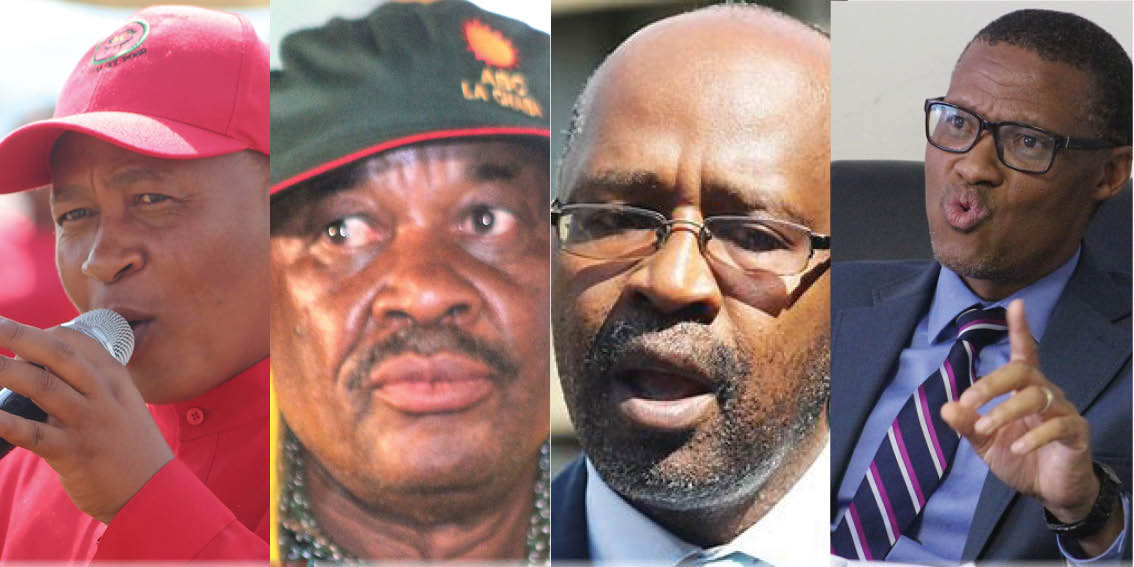Lesotho Constitution - reform or overhaul?

Mr Mzimkhulu Sithetho
Managing Director of the Governance Institute for Sustainable Development and Editor-In-Chief of thizkingdom.com
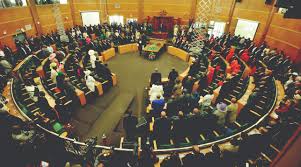
A bid to reform Lesotho?s constitution is long-drawn and there have been calls from civil society and other sectors for its complete overhaul as a result of observed deficiencies in its current form. The constitution has only six amendments effected to it since its adoption in 1993. A constitution is critical for any country because it is the embodiment of the social, economic, socio-economic as well as the political physique of any society. It is a sacrosanct document that outlines the lifeblood of the country. It sets the tone for any law that any country thinks of promulgating, and as such, it has to be up-to-scratch because if it is deficient, it will create a weak legislative environment.
The country?s constitution, which has also been punctuated by periods of suspension by various regimes, has been amended six times since independence. In 1990, three years prio to 1993 national elections, a National Constitution Commission was installed to look into the constitution of the land. This happened at a time when winds of political change were blowing towards a democratic rule, in the Southern African region, that was to be ushered in three years later for Lesotho. The Commission conducted countrywide consultations with all sectors of society to get their views. The process culminated in a National Constituent Assembly, a platform that gave Basotho and opportunity to contribute to the constitution-making process.
In 2007, the then government proposed a six amendment, but which never saw light of day as it was rejected by the Upper House of Parliament, the Senate. This was due to a public outcry that the amendment was politically-driven by the then ruling Lesotho Congress for Democracy (LCD) to avoid loss of a case, which was before the High Court on allocation of proportional representation seats in the National Assembly by the Independent Electoral Commission (IEC). But later, it was adopted in 2010 when the political dust surrounding the said amendment had subsided. The six amendment looked at issues such as the change of the title of assistant minister to that of deputy minister. It also focused on the attorney-general having to take oath before becoming a member of the National Assembly. The amendment was also intended to protect rights of victims of crime and of course making electoral petitions appealable in the Appeal Court. However, it did not address the overlapping mandates of the security sectors as proposed by the SADC Commission of Inquiry, although they have existed for many years.
Outstanding constitutional issues not covered by the reforms
The National Dialogue which took place in November 2018 delved on the critical issue of the seniority between the Chief Justice and the President of Appeal Court, which has, in the recent past, ravaged these two senior portfolios in the justice sector of Lesotho. During the tenure of Justice Mathealira Ramodibeli as President of Appeal Court and Justice Mahapela Lehohla as Chief Justice, the two justice institutions were nearly brought to their knees. The then government had felt that Justice Ramodibeli was senior to Justice Lehohla and this created a squabble between the two and almost paralyzed the justice sector. The Law Society then, tried to chip in, but also did not help it because it sided with one side. The matter has not been resolved, but has since subsided because of the personalities occupying the two offices who are currently not pursuing seniority.
The other constitutional issue that the dialogue took into account, is that of formation of government, which is provided for in Section 87 of the constitution. Civil society and academicians have long put forth the argument that the constitution leaves much to be desired in as far as formation of a government is concerned. The section only states that a leader of a party or a coalition of parties that has majority of seats in the national assembly becomes prime minister, but does not provide for the modalities or a clear timetable towards formation of a government. Political and legal pundits have argued that the 14 days given for the parties to make all necessary arrangement up to the seating of the Council of State to determine which party or coalition of parties has a majority seats is not enough. This void was realized when the political landscape changed to the advent of coalition governments, following a political development that elections are failing to produce an outright electoral victor, to an extent that no political party forms government on its own.
Another critical issue is that while the constitution observes fundamental human rights and political rights of Basotho, it does not, however, observe the socio-economic rights. The constitution only provides for this as Principles of State Policy. A series of fora has been organized to discuss the justiciability of socio-economic rights such that citizens cannot claim rights to water and sanitation, housing, livelihood, health and others since these do not have a concrete place in the constitution. It means that government cannot be held accountable for not providing the mentioned services to the citizens.
Another constitutional imperative which is felt to be lacking is that while the constitution provides for the right to freedom of expression of opinion, it however leaves out the freedom of the media. As well, it takes all the rights provided for under Section 14, with the safeguard clause that follows in observance of the right to free speech. These safeguards are with respect to observance of public interest, privacy rights of others as well as harm to society.
Most Read
Reforms, Elections and Democratic Stability in Lesotho
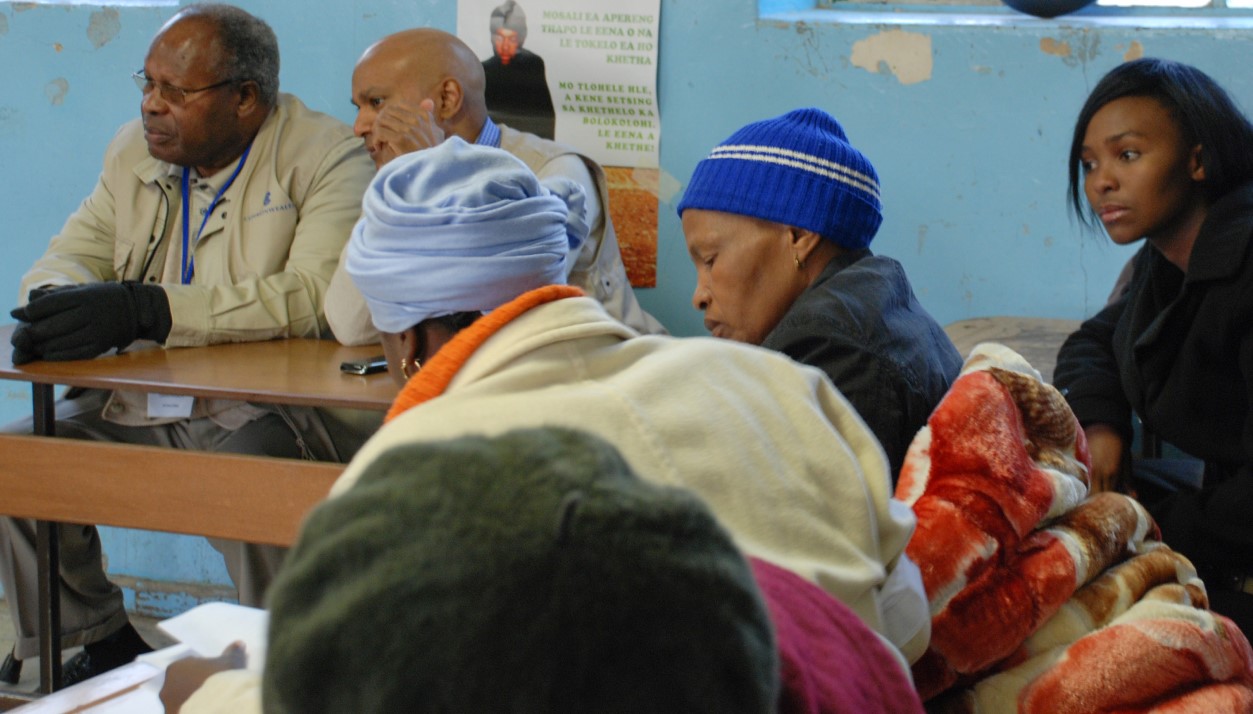
Organizations and companies go through a rough patch

The cooling of the political temperatures came with the BAP joining the bandwagon after a season of political agitation and chess games, reflecting political anomalies in the system of political governance of Lesotho:

Related Stories
Reforms for who ? Basotho or donors?
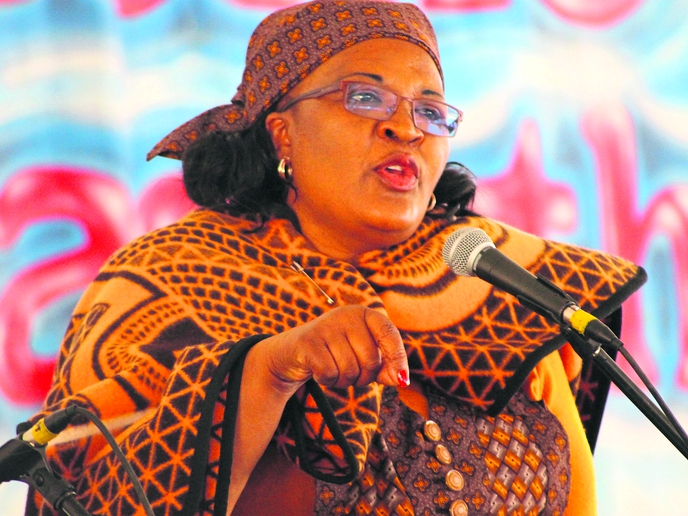
The reforms: reality or fairytale?
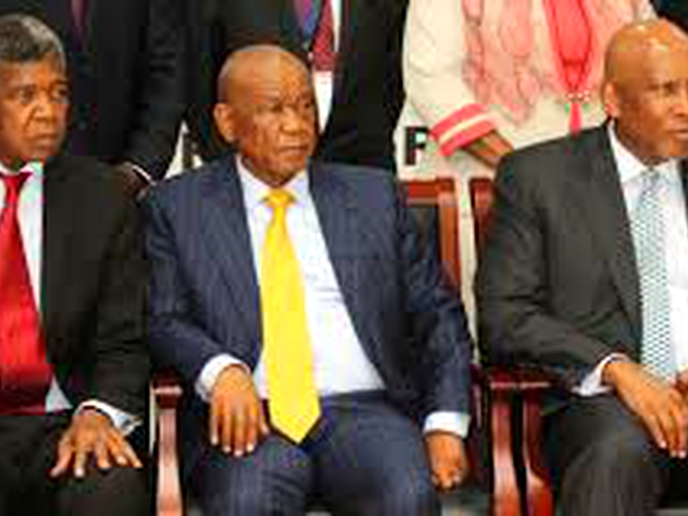
The cooling of the political temperatures came with the BAP joining the bandwagon after a season of political agitation and chess games, reflecting political anomalies in the system of political governance of Lesotho:
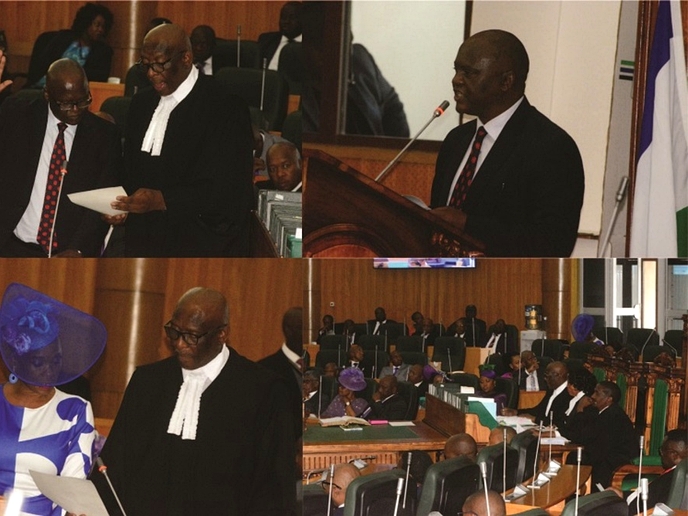
Opinion Vote Polls
Do you think the existing government is going in the right direction to benefit the people of the country?
Subscribe for your daily newsletters
Enter your email to subscribe to our newsletter.

